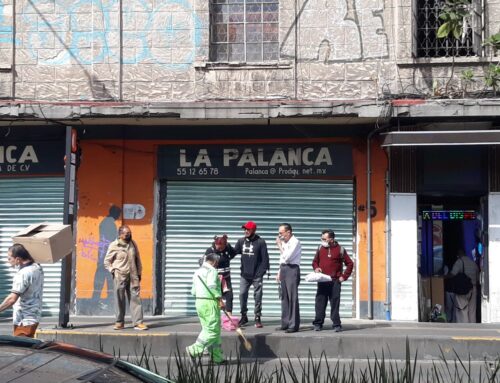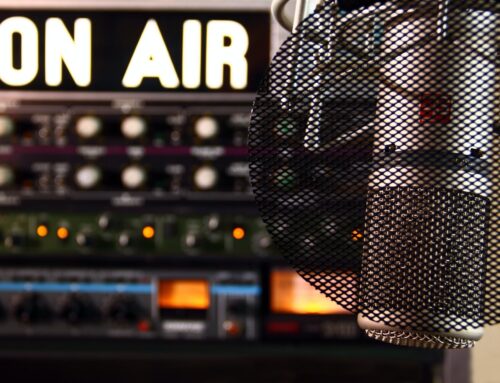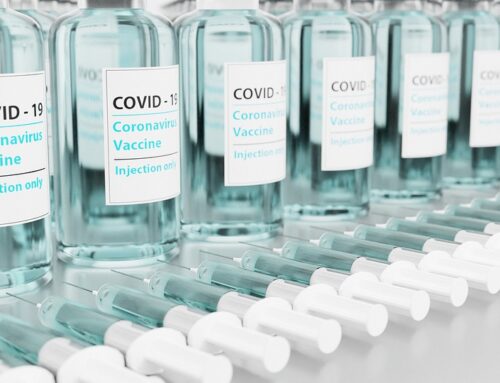The problem with charities is that by design they change their message so that those who donate money will have faith in the charities. So that those who donate money will believe that the work the charities do actually helps. Note this example of changing messages from my real life, which makes me wonder exactly what this food charity is accomplishing, and how much money they really need from us to accomplish it. See the two solicitations above.
Exhibit A: I picked up this funding request–the red ticket–from the Food Bank for NYC at the cash register of my supermarket. It invites me to donate a $1 at the checkout. My dollar “provides 5 meals.” Categorically. $1 = 5 meals.
Exhibit B: I received this funding request–the white postcard–in the mail, also from the Food Bank. Not sure how they got my address, but that is for another day. The mailer says that if I give the Food Bank $25, it “helps to provide 125 meals for children.”
Maybe I think too much. But I know that if $25 equals 125 meals, then $1 equals 5 meals. BUT WHILE ONE CLAIMS THAT $1 definitely provides 5 meals, THE OTHER says that it “helps.” How come in the first, my dollar will definitely provide 5 meals, but in the other, it only helps to?
They are not saying the same thing, donor.
The language on this allows the return to be vague. There is no way to measure the “help.” Does the $25 help get the Food Bank halfway to serving 125 meals? A quarter of the way? If the $25 only gets it to three meals, you can still say it “helps” and be making a true statement.
Anyway, since Food Bank ends each year with about $6 million in net assets, whether it takes $1 or $5 to buy a meal for a person in need is maybe not as important a question as why this charity can’t distribute more cash, with which the people could go buy food themselves.
Well meaning and less-than-well meaning attempts at helping poor New Yorkers notwithstanding, we need a Universal Basic Income. All the money that goes into these emergency food programs does not solve people’s poverty. The only way to sustain visiting soup kitchens and food banks to feed your family is for it to become a full time pursuit of the next meal.
For a person who has to weave together three meals a day from them, emergency food programs are a challenge. They are not always open like stores; they do not always have food; and they are not always nearby. Since the companies who donate donate what they can’t sell, your bag of groceries will often contain disparate items: peanut butter but no jelly, spaghetti but no tomato sauce; cereal but no milk. For the country, emergency food programs are part of the logistical Gordion knot that is our shattered, tattered, and inadequate rag tag of “safety net” programs that drive people to despair and forced work instead of saving them. Furthermore, most Americans don’t realize that they are are funded in large part by public dollars, not private, thereby diverting public dollars from more effective solutions–such as raising the Food Stamp allotment. Or giving out cash.
Such as a Universal Basic Income. A $1,000 a month Universal Basic Income would be the answer to the impracticality and inhumanity of food banks and soup kitchens. The studies are showing that Universal Basic Income is possible. Andrew Yang is running for President on a Universal Basic Income platform that will make emergency food charities a thing for real emergencies like natural disasters, not an everyday system.
The best thing that we can do for the economy and for children is to create a world where nutrition is assured and getting food is not a demeaning and frightening struggle. I’ve seen people in NYC line up for food at food banks. There is nothing as sad for the see-er and the seen. It illustrates the failure of our current public policy that we have such a retrograde and punitive way of getting food to people.
What do you think? Share this article. Share your thoughts here.







Leave A Comment